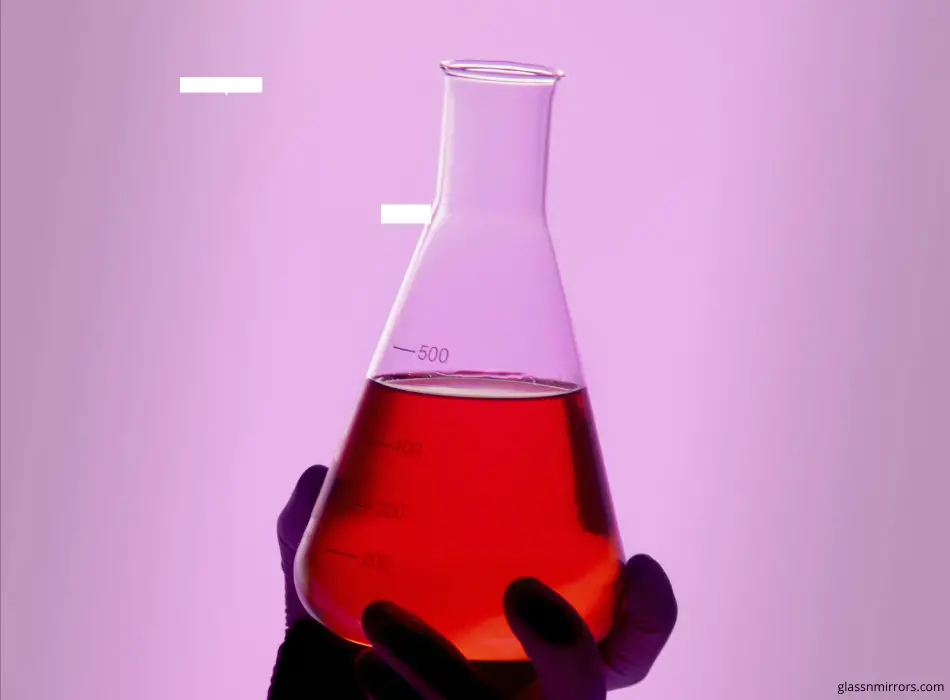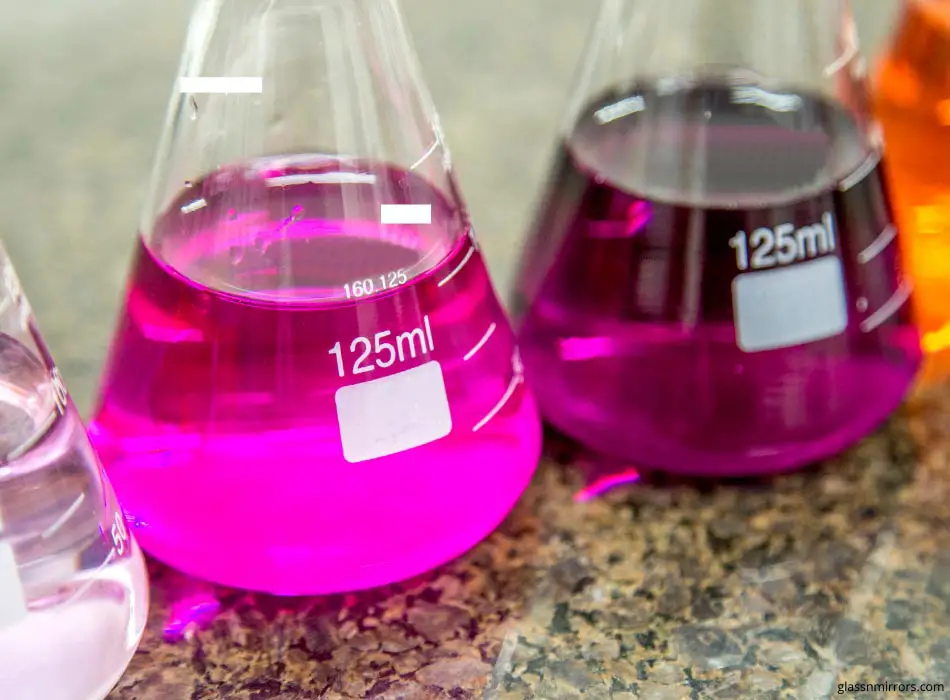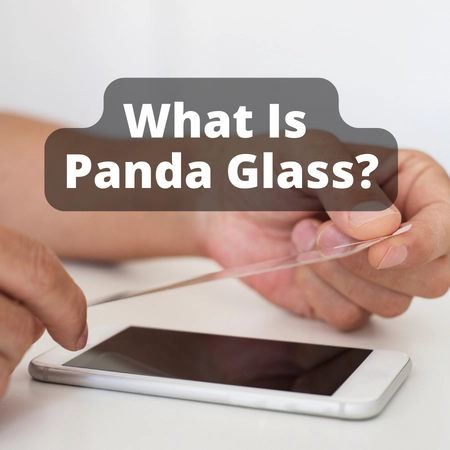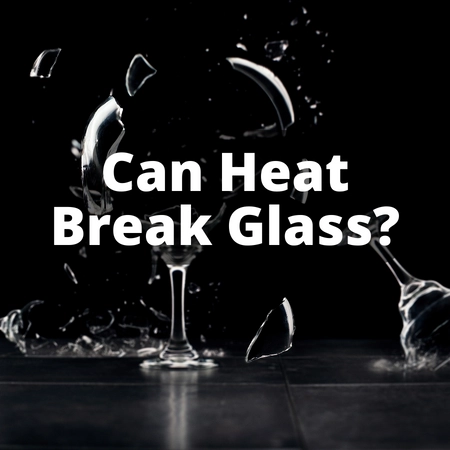If you are a student of science, especially chemistry, you must have noticed that most of the chemistry containers are made of glass. Having done several experiments myself, the most common apparatus that you will never miss is the beaker. With this, I noticed that most of the chemistry beakers are made of glass and I wanted to know why? This is what I found out.
Chemistry beakers are made of borosilicate glass because most chemical reactions are exothermic. Glass beakers can withstand a temperature of up to 750° Fahrenheit (398°C) and this makes them suitable for reactions that produce a lot of heat.
Borosilicate glass is one that is made of boron trioxide and silica. This type of glass is transparent and has high resistance to attack by chemical solvents, acids, water, and other solutions. It can also withstand thermal shock and heat better than common glass.
There are several other reasons why chemistry beakers are made of glass. It is worth noting that, glass material has unmatched quality. Even more, it’s see-through and can hold even the most corrosive substances.
Here are the 9 reasons that explain why chemistry beakers are made of glass material which I explain in more detail below.
- Glass is corrosion proof
- Glass is thermal resistant
- Glass is transparent
- Glass is contamination proof
- Easy to clean and sterilize
- Glass is reusable
- Glass is rigid and strong
- Glass is affordable
- Glass is strong and durable

Table of Contents
- 1 1. Glass Is Corrosion-Proof
- 2 2. Glass Is Thermal Resistant
- 3 3. Glass Is Transparent
- 4 4. Glass Is Contamination Proof
- 5 5. Easy To Clean And Sterilize
- 6 6. Glass Is Reusable
- 7 7. Glass Is Rigid And Strong
- 8 8. Glass Is Affordable
- 9 9. Glass Is Strong And Durable
- 10 Why not Use Plastic Beakers?
- 11 Final thoughts – Why Are Most Chemical Containers Made Of Glass?
- 12 What Is Panda Glass | Ultimate Guide To Panda Glass
- 13 Can Heat Break Glass? Temperature & Fracturing Explained
- 14 Why Is Glass Polar? – Glass Polarity Explained!
1. Glass Is Corrosion-Proof
Glass beakers can store any type of liquid without breaking down as a result of corrosion. Ideal for holding acids, oils, alkalis, and solvents, transparent or colored beakers are reliable for all your storage and experiment needs.
Owing to the reactive nature of some solvents when exposed to light, dark-colored beakers should be used. Also, consider using special caps to cover beakers whose contents should not be left exposed to air for extended durations.
2. Glass Is Thermal Resistant
To keep certain mixtures from reacting, chemists need to conduct their research under super-hot or cold conditions. Here, using a plastic container may prove futile. Using a glass beaker instead allows you to register accurate results at the end of your test. Why? Because when a glass beaker can be placed over a direct flame or a Bunsen burner it will not melt or crack.
Glass beakers also perform well when under negative degree conditions.
3. Glass Is Transparent
Tests and experiments call for close observation. You want to see if there’s a change in color, volume, mass, or the general structure of the samples. This cannot be possible if, for example, you are using a plastic or aluminum beaker. While plastic is opaque, aluminum is not see-through.
With glass beakers, you can easily note precipitation and evaporation when measuring reactivity.
4. Glass Is Contamination Proof
Biological containment is crucial for chemists in the lab. Some substances easily attract impurities if stored incorrectly. For this reason, you need a storage container that is contamination-proof.
Using a glass beaker means that no toxic substances or microbiological organisms can gain access to the samples. This, unless you introduce them as part of the test.
5. Easy To Clean And Sterilize
All tests in the lab should be done using tools and spaces that are free of contamination. To ensure that your beakers are ready for fresh tests, they need to be sterilized using chemicals, steam, and tough cleaning agents.
Glass beakers can withstand high temperatures and do not deform when exposed to highly corrosive sterilizing agents.
6. Glass Is Reusable
Plastic beakers are the best choice if you prefer disposable containers. But, if you conduct numerous tests, you need tools that you can use over and over again. Glass beakers can be reused many times without degrading.
Provided they are stored and cleaned properly. Careful not to scratch the surface of the beaker or drop it. While glass is durable it can easily break on impact.
7. Glass Is Rigid And Strong
Even when exposed to high temperatures, glass remains rigid. Aluminum bends while plastic melts. This makes the two materials inadequate for experiments done by chemists.
High-pressure lab operations like homogenization, depth filtration, and centrifugation require the use of glass beakers and tools. These tools remain the same in structure irrespective of the occurring changes.

8. Glass Is Affordable
Considering how many tests you will be doing at a time; you need to buy beakers in bulk. Compared to other materials, glass beakers are relatively cheaper and more affordable. This makes glass beakers the best option for both private and commercial chemists/labs.
9. Glass Is Strong And Durable
High-quality glass beakers do not change in structure even after being used for countless experiments. When they are well stored, cleaned, and cared for, glass beakers can serve you for up to five years or longer.
Why not Use Plastic Beakers?
Glass and aluminum labware are the two top choices for tools most labs use across the world. Yet, there’s an ongoing debate that argues plastic lab tools are the best. But is this the case when it comes to plastic beakers?
Plastic beakers are not commonly used because they are not thermal resistant and can be eaten by chemical reactions. They are also not easy to see through.
Here are some reasons why plastic beakers aren’t ideal for chemists:
- Plastic beakers are opaque
- Suitable for limited uses
- Plastic is not thermal resistant
- Can react with certain chemicals
- Plastic beakers are costly
- They are unsafe
They are opaque
Most experiments need close observation. Compared to glass beakers, plastic beakers will give you inaccurate results because they are either opaque or translucent.
Limited use
Plastic beakers can be used many times for different tests. However, there’s a limit. Due to high susceptibility to biodegradation, plastic poses the threat of contamination to the samples.
Plastic is not thermal resistant
Exposure to very high temperatures will melt the plastic. Alternatively, when plastic beakers are used to store corrosive material under low temperatures, they can crack, bend, or gradually degrade.
Can react with certain chemicals
Plastic lab containers are excellent for storing raw ingredients and dry chemicals. This, provided that it’s in a moisture-free environment. However, when storing liquid solvents and strong alkalis, plastic beakers are not ideal.
If you store these chemicals in plastic beakers, you will notice a change in their shape. Plastic beakers also experience leaching. Leaching is the bonding of colored pigment with the plastic material when the contents are exposed under UV light.
They are costly
Reusability is quite important to a lab chemist. Not only does plastic come with limited reusability, but it also costs more. Disposable plastic beakers also do not come cheap. If you manage to find affordable plastic beakers, their quality is compromised.
They are unsafe
When exposed to heat or chemicals, plastic can degrade. The process of degradation produces fumes that can be harmful if inhaled. Also, plastic increases the risk of fire because it can melt into highly flammable substances that can either blow up or cause significant damage.
Final thoughts – Why Are Most Chemical Containers Made Of Glass?
Glass beakers remain unparalleled in quality, accuracy, and safety. Are you a serious chemist looking to test samples and conduct research? Glass beakers are readily available lab tools that ease operation. In addition to the reasons listed above, plastic beakers demand little care and maintenance.
-
What Is Panda Glass | Ultimate Guide To Panda Glass

When looking for a new phone case, you may have encountered the term “panda glass.” A variety of phone cases on the market use this type of glass. But what … Keep Reading
-
Can Heat Break Glass? Temperature & Fracturing Explained

Even though technology has improved, you may have heard of a glass door suddenly breaking with a loud pop and a smashing sound. There have been many reports of windows … Keep Reading
-
Why Is Glass Polar? – Glass Polarity Explained!

You may have heard the term “polar” used when discussing glass. But what does that mean? And why is glass polar in the first place? The difference between the electronegativity … Keep Reading

1 thought on “9 Reasons Why Chemistry Beakers Are Made Of Glass”
Comments are closed.